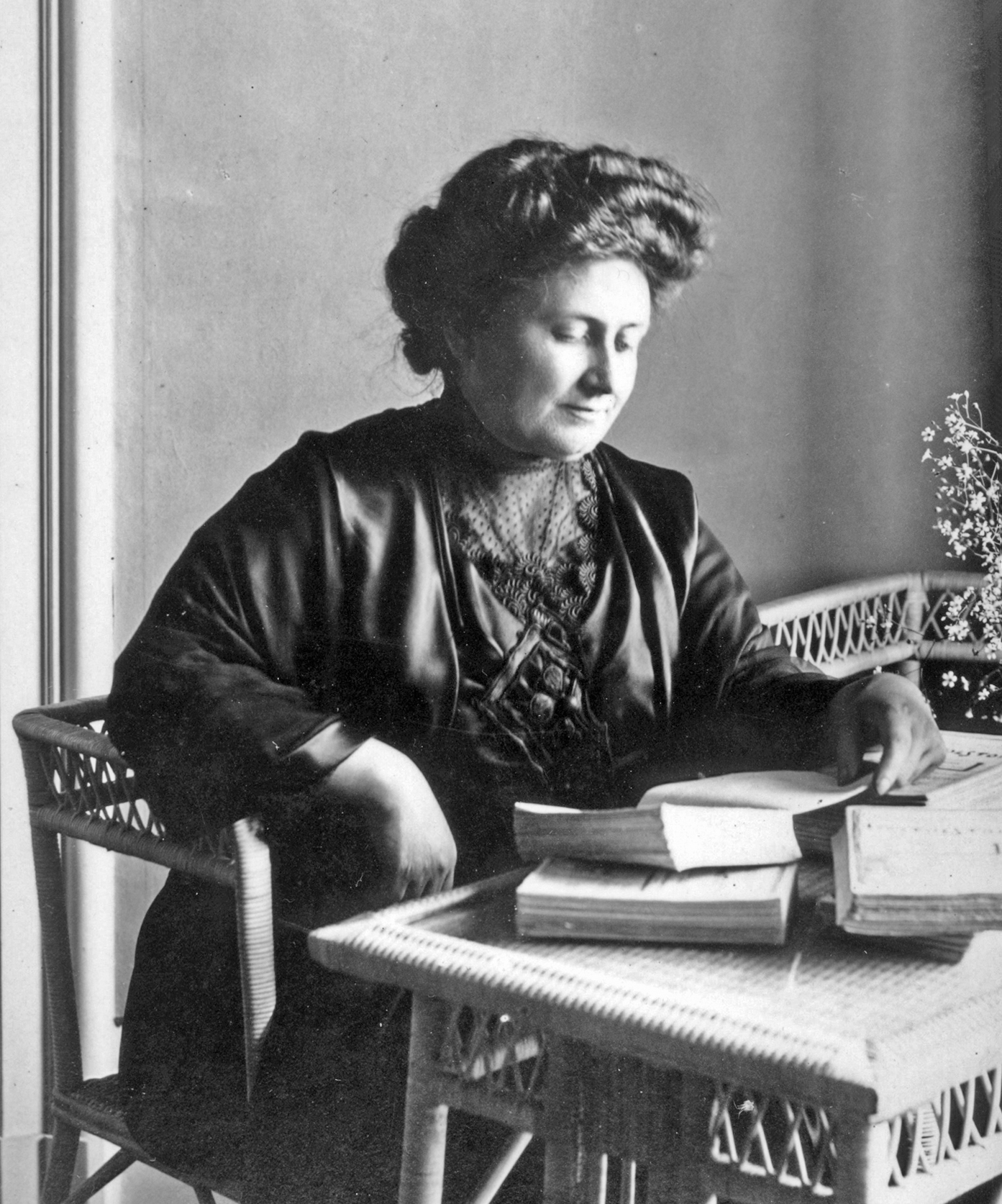
Most of us are familiar with the Montessori Method as it applies to preschools or grammar schools, but Dr. Maria Montessori‘s philosophy was not confined to early childhood education. Her interests encompassed full development from birth until adulthood, and her philosophy offers keen lessons for parents of older children, all the way to the age of twenty-four.
Check out these highlights of Dr. Montessori’s scholarship on what she dubbed the four planes, or stages, of human development.
Birth To Age Six
The first half of this stage is the age of the absorbent mind, when children soak up enormous amounts of sensory, motor skill, and language information without any conscious effort. It’s a dramatic transformation, a time of mimicry and great growth that can be tumultuous. The second half of this stage begins around the age of three, when the child begins to consciously seek out certain experiences and information to hone their accomplishments. They develop a strong sense of individuality and a determination to do things themselves.
Six To Twelve Years
If the first stage features the “absorbent” mind, this stage features a “reasoning” mind. A child in this stage becomes inquisitive, imaginative, and spends more time thinking things through, including tackling moral and ethical quandaries. Embracing more independence, kids of this age draw away from their families a bit as acceptance among peers becomes more important. Of the four stages, this is a delightfully calm and stable one.
Twelve To Eighteen Years
Although “teenage” as it refers to a specific stage of life wasn’t really applied until around 1920, Dr. Maria Montessori recognized this unique stage of development as an unsettled one. It encompasses huge transformations physically, emotionally, and psychologically. Children of this age have a strong need for independence but also need to learn how to live harmoniously in a community. Dr. Montessori believed that education for children of this age should include life skills and exploring their artistic side.
Eighteen To Twenty-Four Years
This final plane of development marks the full transition to adulthood. During the first three years, children of this stage are still questioning. Who are they, really? Who should they be in the world they will inhabit? Once these questions are answered to their satisfaction, they settle into a profession, usually in the last three years of this stage.
Blissfully, and with great relief on both sides, it is in this final stage that the fully-grown adult’s relationship with their parents tends to stabilize.





















